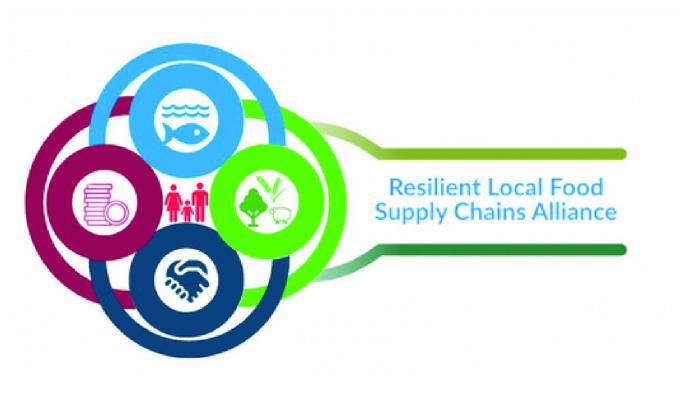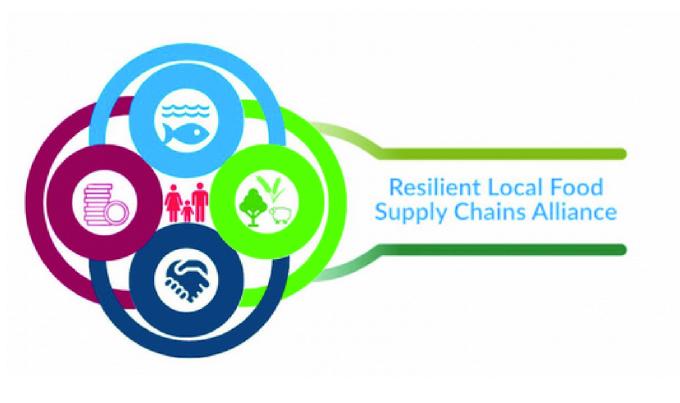Period
2021 - 2022
In the mountain region of Homolje, Serbia, beekeepers unite to revive their ancient tradition of honey production. The cooperatives set up are 84 at the moment, and they implement sustainable practices along honey production. Being part of the cooperatives means to benefit of lower prices for the material for feeding and care of beehives and place their recognizable products on the market. Furthermore, the achieved protected geographical origin status managed to create economic opportunities, and combat rural exodus, all while nurturing the unique floral aroma of Homoljski honey for international recognition.
You must be registered to see all the content
Identification needs
On the territory of the municipality of Žagubica beekeepers are organized in three associations:OUP Homolje Žagubica with about 50 members in SPOS,Association of beekeepers "Gornjak" Krepoljin with about 30 members in SPOS,Beekeepers' association "Vrelo Mlave Žagubica" with about SPOS members. The beekeepers' cooperative was established with 84 cooperative members, and currently 32 beekeepers are involved in the Homolj honey production system. Rural exodus is a very big problem both for Serbia and for the villages of Žagubica municipality. It is expected that by creating conditions for normal life and work, it will be able to keep agricultural producers in the villages. Every year in the winter period beekeepers are trained through expert seminars, which are very popular. Besides beekeeping experts from Serbia, there are also lecturers from other countries. Homolj honey production system is a closed stationary beekeeping system and takes place exclusively in the area of Homolj Mountain, which covers an area of 960 km2, of which about 47.9% is forest, 20.08% meadows and 12.7% pastures, which is an exceptional area for honey production. The plant cover consists of over 80 different species of medicinal honey plants. A yearly spinning and the tradition of Homolj beekeepers is exactly what distinguishes Homoljski med from others. The quantities of Homolj honey are very small, currently between 10,000 kg and 20,000 kg are produced annually, depending on the weather conditions during the year, and it is expected that in the next 3 to 5 years the production capacity will increase to about 100,000 kg per year. For this reason, Homolyski honey is bottled exclusively in glass containers of 30 and 250 grams.Producers are working on the creation of conditions for the purchase, packaging and distribution of Homolj honey and all other honey and beekeeping products.
Stakeholder change
In cooperation with the Ministry of Agriculture, Forestry and Water Management, the company METRO Cash & Carry Serbia has launched a program for the development and promotion of domestic products with protected geographical origin. Thanks to this initiative, the well-known Homoljski honey can be found for the first time on the shelves of a wholesaler that is certified and has recently authorized producers who are in the process of control and certification. Homolj honey is produced by beekeepers who are united in a beekeepers' cooperative and produce honey in Eastern Serbia. This product with a protected designation of origin is the first to be found on METRO's shelves. Preparations are currently underway with numerous producers who will also have the opportunity for the first time to be part of the offer of a large retail chain that cooperates with the hospitality industry and small and independent stores.
Change triggered
Association of beekeepers of Homolje "Pek" also produces Homoljski honey. The President of the Association, Nenad Vermešanovic, pointed out that last year, work was done on the professional development of members and on the massing of the Association, which is more numerous for 19 new young beekeepers, and the biggest activity was the implementation of the joint project "My apiary, my office " which is financed by the European Union in cooperation with municipality of Kucevo. Association of Homolje beekeepers "Pek" is one of the oldest in Serbia. Within the framework of that project, they had members' education where professional lectures were given by eminent experts and lecturers led by prof. Mica Mladenovic, PhD, from the Faculty of Agriculture in Belgrade. The school was attended by 30 beekeepers who passed the exams, they received 39 beehives, which they distributed to two beekeepers, as well as new equipment for equipping the room. During the last year, 19 new beekeepers joined the association, and they had an increase in the number of hives in most members. Beekeeping in this area is developing and more and more households are opting for the production of honey and bee products. In the future, the "My Apiary" project will contribute to the construction of more facilities for quality control, honeycomb production, and the education of young beekeepers, all with the aim of export of honey and bee products to European Union countries. All of these are important potentials that are continuously being improved, and some of these projects have been completed and some plants have started working. With this project, in Zagubica, they got a new line for the production of watch bases, which started working. What was also done within the framework of this project was a plant for the production of cakes for feeding bees, and the necessary quantities of sugar and necessary medicines were provided for the experimental apiary. The members of the association also had some benefits regarding the procurement of the necessary material for feeding and care of beehives at lower prices. The municipality of Kucevo has a good cooperation with the Association of Homolje beekeepers "Pek" with the aim of rural development of this region and increasing the production of honey and other bee products. Where an increasing number of families see their calculations and good earnings in this production. In recent years, Kucevo and Homolje have become recognizable for the production of healthy organic food and can really boast of the fact that, in addition to Zagubica, it is currently one of the municipalities that owns the brand in the production of "Homolje honey", the only one with protected geographical origin in Serbia.
Short description
Homolje is a geographic district in eastern Serbia that is from all its sides surrounded by the mountain ranges and is rich in forests and pastures with over 80 types of honey and medicinal plants, thus being a quality pasture for ”Homoljski honey” production. This floral honey is extracted up to twice a year and mixed in the way that it contains up to 50% of acacia and over 50% of meadow honey, so that the flower aroma and the scent of Homolje flora are obtained, which is a specificity of this honey.










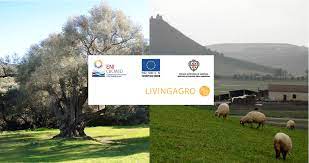

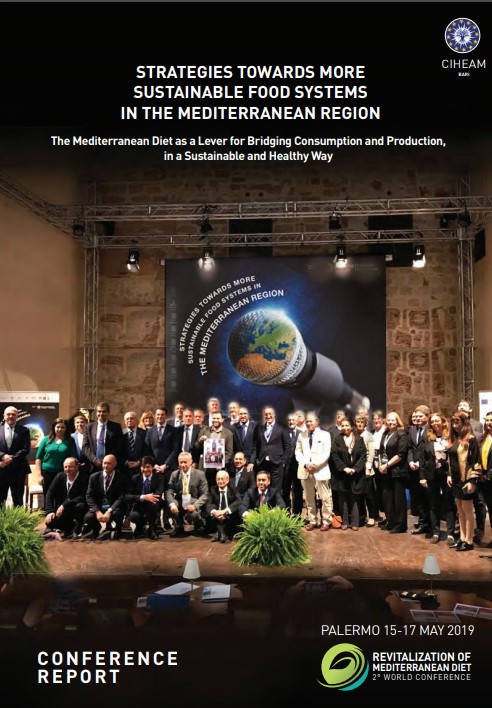
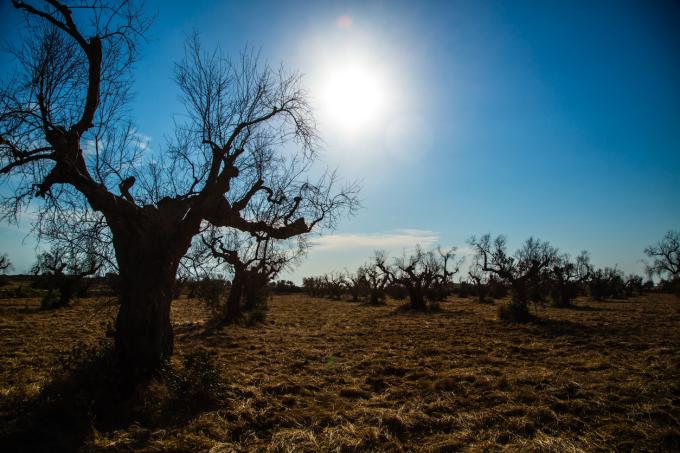
.png)
